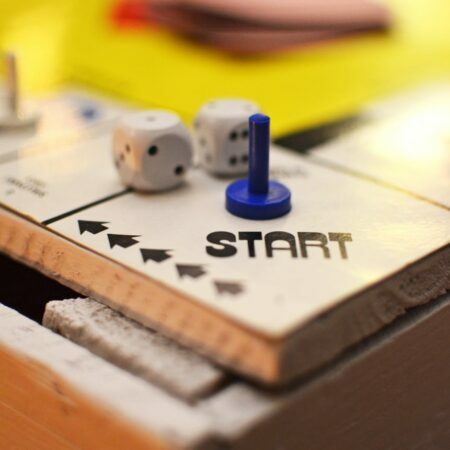After having a baby, you and your parent will find yourselves in a scary new world. You have to learn how to feed, change, and wash your new infant and establish a routine that works for you as a family. You’ll get less sleep than you ever have before and your priorities will shift entirely. On top of all of that, parents with tinnitus might find that their child’s screams are painful and exhausting. Newborn babies tend to cry for about two hours a day, so if you’re suffering from tinnitus, it’s time to protect your ears. Your little one will still need comfort no matter how you’re feeling, but that doesn’t mean you have to be in pain. Here are five tips for parents with tinnitus.
Make a plan with your partner.
If you suffer from tinnitus and know that the baby’s cries will cause you pain, make a plan with your partner. Talk about what you will do when the baby starts to cry. If you’re holding the child when he or she becomes upset, your partner can take the baby while you go to find earmuffs or earplugs. You might even decide that your partner will try to calm the baby for a few minutes while you’re in another room and if that doesn’t work, you will come back in with protection. If you don’t have a plan like this, your partner may become upset or not understand when you hand him or her the baby and leave the room. If you both suffer from tinnitus, you may want one partner to leave the room and grab earplugs for both of you. A plan will help you stay safe and keep your relationship healthy.
Try a new tinnitus relief product.
Now might be the perfect time to try a new tinnitus relief product. Check out Tinnitus 911 customer reviews and see how well the product has worked for other people. Even those with chronic tinnitus have found relief from the constant buzz and other tinnitus symptoms because of Tinnitus 911’s natural ingredients. It can help soothe your headaches, migraines, and nausea, so if you haven’t tried this product yet, give it a shot. This gentle supplement can help you find relief so you can care for your infant without pain.
Wear ear protection whenever you need to.
There’s nothing wrong with protecting your ears. When your baby starts to scream or cry, grab your earplugs or earmuffs. Keep a good supply of ear protection somewhere in your home so you or your partner can fetch them when needed. When you’re out with the baby, keep ear protection in the stroller or diaper bag. If you’re self-conscious about wearing earmuffs in public, stick with inconspicuous earplugs. You won’t have to worry about people staring, but you also won’t have to deal with the pain.
Anticipate your baby’s needs.
As much as possible, see if you can anticipate what your infant will need. As you spend more time with your baby, you’ll learn the reason for each of his or her cries. Newborns typically become upset if they are tired, hungry, or have a wet diaper. Keep an eye out for what your baby might need and learn the difference between his or her cries. You’ll soon learn that if your child doesn’t have a bottle at a certain time, he or she will cry. This knowledge will help you keep your baby happy and prevent him or her from becoming upset.
Take time to protect yourself so you can properly care for your baby.
It might seem strange to not immediately comfort your baby, but it’s important that you care for yourself as well. If your partner isn’t home and the baby starts to cry in his or her crib, take the time to grab your earplugs before picking up your infant. There’s nothing wrong with protecting yourself before providing comfort. You may also find that you need some silence or alone time at the end of the day. Discuss this with your partner and make a plan for providing both of you with what you need to stay healthy and happy.
Dealing with a screaming baby is tough, especially when the cries can be very painful. Do what you can to protect yourself and your family will stay happy and healthy.









